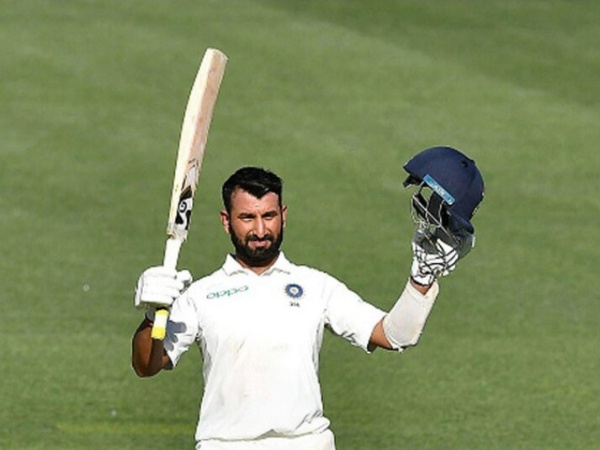Cheteshwar Pujara's absence to worry India at the Border Gavaskar Trophy 2024-25?
Cheteshwar Pujara has had an illustrious career in India's red-ball cricket, cementing his place as a cornerstone of the batting lineup after Rahul Dravid's retirement. His ability to anchor innings and play crucial roles in challenging situations has made him a key player for the team. However, despite his remarkable contributions, Pujara has fallen out of favor with the Indian selectors and team management, having not participated in an international red-ball match since the World Test Championship Final against Australia in 2023. Pujara's impact was especially significant during India’s recent tours to Australia. In the 2018-19 series, he emerged as the leading run-scorer, amassing 521 runs in just seven innings. His performances were pivotal, showcasing his resilience and skill in tough conditions. During the 2020-21 Border-Gavaskar Trophy, Pujara played historic innings in Sydney and Brisbane, where his grit and determination were on full display.
His efforts helped India secure a remarkable 2-1 series victory in both tours, a feat that underscored his importance to the team. As Pujara navigates this transitional phase in his career, fans and experts alike reflect on his invaluable contributions to Indian cricket, hoping for a resurgence that might see him return to the international stage. His legacy as a dependable batsman remains, and there’s still hope that he can make a comeback when the opportunity arises.
It seems unlikely that Cheteshwar Pujara will be included in the squad for the upcoming edition of the Border-Gavaskar Trophy, despite his recent efforts playing for Sussex in the County Championship. Pujara has been a stalwart for India in Test cricket, but the selectors appear to be moving in a different direction. Former Australian batter Shane Watson expressed that India may not feel Pujara's absence, given the wealth of talent available in their current setup. With a new generation of players emerging, the Indian team is well-equipped with skillful batsmen who can fill the void left by the veteran. This fresh talent has been showing promise and could provide the dynamic play that the selectors are looking for.
While Pujara's experience and track record in high-pressure situations have been invaluable, the evolving nature of the team suggests that India is ready to embrace new strategies and players. As the Border-Gavaskar Trophy approaches, the focus will be on how this new lineup performs, as they aim to continue India's strong legacy in Test cricket. Pujara’s absence marks a significant shift, but it also opens the door for the next wave of talent to shine on the international stage.
“When you talk about Pujara, it is that he just doesn’t make a mistake. Whereas, you’ve seen so many of these incredible batters for India, top-order batters like [Yashwai] Jaiswal, he has scored runs very quickly, but he hasn’t made a mistake. He hasn’t really given the opposition a chance to be able to get him out,” stated Shane Watson, as quoted by News18.
Shane Watson emphasized that if aggressive batters like Yashasvi Jaiswal are integrated into the Indian team, Pujara's absence would likely have minimal impact. Watson believes that the emergence of dynamic, attacking players can change the team's approach to batting, making it less reliant on traditional anchors like Pujara. With a focus on scoring quickly and putting pressure on bowlers, the inclusion of such offensive talents can significantly alter the team's dynamics. Jaiswal, known for his fearless style and ability to dominate bowlers, represents a shift towards a more aggressive batting philosophy that aligns with modern cricket trends. This shift not only enhances the team's scoring potential but also allows for a more adaptable batting lineup.
In this context, Pujara's established role as a steadfast presence may become less crucial, as younger players bring a fresh energy and innovative strategies to the game. As India looks to build a competitive squad for upcoming challenges, the infusion of players who can play with flair and aggression will be essential. Watson's insights suggest that while Pujara's experience is invaluable, the team's evolution towards a more aggressive style could lessen the impact of his absence in future contests.
“If those types of batters do come out to Australia and play aggressively, put the bad balls away, and put the pressure on the Aussie bowlers, then they can still have the same effect (as with Pujara in the team) and they keep the game moving as well,” added Watson.
